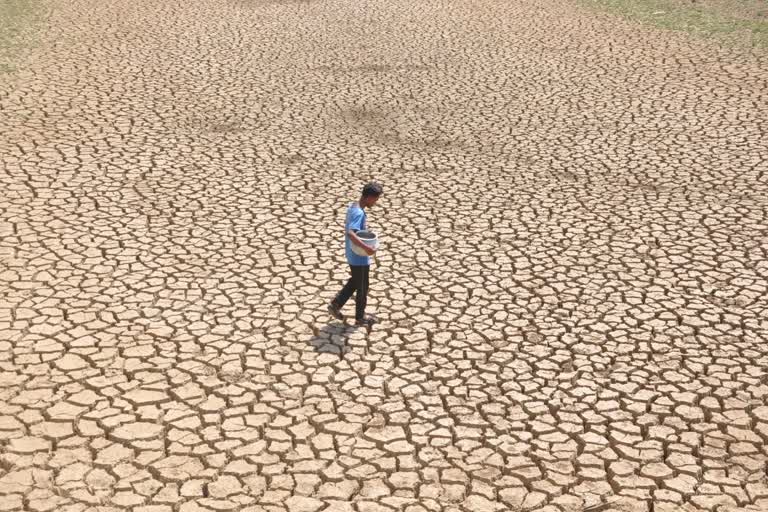New Delhi/Mumbai: Weak monsoons long known as a nightmare for farmers is no longer just considered a grave risk for agriculture but also for India Inc as well as government finances.
In recent years, while farmers have been protected by various government interventions, it is India Inc that has felt the direct impact of below-average rainfall.
The Indian economy, reeling under a consumption slowdown owing to farm distress, stagnant wages and high interest costs, will be hit hard by such a weather phenomenon.
"India's agriculture has become more resilient to monsoon-related shocks on the back of wider irrigation coverage, better quality seeds and timely weather related information. However, a monsoon shock may still cause a drop in agricultural income which could be minimised by government policy intervention," said India Ratings and Research (Fitch Group) Director and Principal Economist Sunil Kumar Sinha.
"But in hindsight, FMCG and automobile sectors which look for their incremental growth from the rural sector will get impacted, especially at a time when agrarian distress is already pronounced, visible and impacting consumption demand."
According to Skymet CEO Yogesh Patil, though crops like cotton and pulses will suffer from a poor monsoon and the demand-supply gap will aid in lifting farm output prices, nevertheless, industries as diverse as banking, petroleum (diesel), FMCG, automobiles will suffer from it.
"Consecutive below normal monsoon will result in lower loan disbursal, strained loan recoveries and rising NPAs (non-performing assets) and it will definitely put strain on major rural sector lending banks and NBFCs," Patil told IANS.
"Diesel consumption will also take a hit in such a scenario of below-average monsoon."
Read more:Yashovardhan Birla declared willful defaulter by UCO Bank
Besides inducing a slowdown in demand,the weather phenomenon can also change the composition of the government's budgetary commitments -- as funds earmarked for capital expenditure might be diverted to implement schemes to protect farm incomes.
"Even the government's fiscal management might get affected as more resources will be required to support the farm sector," Sinha said.
In any case, the need for comprehensive fiscal support measures will grow louder as a slowdown has become evident in sectors such as automobile, FMCG and aviation.
The automobile sector has been impacted the hardest and a weak monsoon might accentuate this slowdown. Off-take data for May paints a grim picture with domestic passenger car sales down 26.03 per cent to 147,546 units.
In the commercial vehicle segment which is a key indicator of economic activity, domestic sales were down by 10.02 per cent to 68,847 units last month.
Similarly, overall sales of two-wheelers, which include scooters, motorcycles and mopeds, edged lower by 6.73 per cent to 1,726,206 units.
Consequently, slipping demand has forced OEMs (original equipment manufacturers) to curtail production thus stalling hiring levels and wages.
"Automobile sector, just like any other consumer driven sector, is highly dependent on rural demand and in turn monsoons, as it is the most important factor which determines the rural spend for the entire year," said Grant Thornton India Partner Sridhar V.



